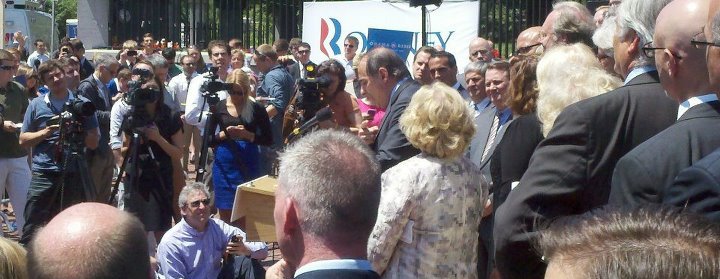The Boston electorate has clearly been changing in the past several years, in three different ways:
- Changes in the overall demographics of Boston’s adult population;
- Changes in the political attitudes of Bostonians, in response to Trump, racial issues, etc.
- Changes in the political participation of eligible Bostonians.
These recent election cycles have, in my opinion, been so anomalous that it’s a fool’s game to predict how points 2 and 3 will play out in the 2021 mayoral race.
I’m usually up for a good fool’s game, how about you?
I propose that there are, broadly speaking, three types of Boston voters this year. The game is to say what percentage of the actual voters in this year’s mayoral election will fall into each category.
- Genuine Change Voters: These voters want to feel that their vote is going toward pushing Boston toward significant progressive change.
- Surface Change Voters: These voters want to feel that their vote is going toward making Boston more progressive and equitable, but without significantly changing too much about how the city works.
- Anti-Change Voters: These voters want to feel that their vote is going toward preserving the general existing order of things in Boston.
If you look at some recent Boston elections — and how many of the prominent mayoral candidates are positioning themselves — you might break it down as perhaps 45% Genuine Change; 35% Surface Change; 20% Anti-Change.
I’m not so sure. What do you think?
